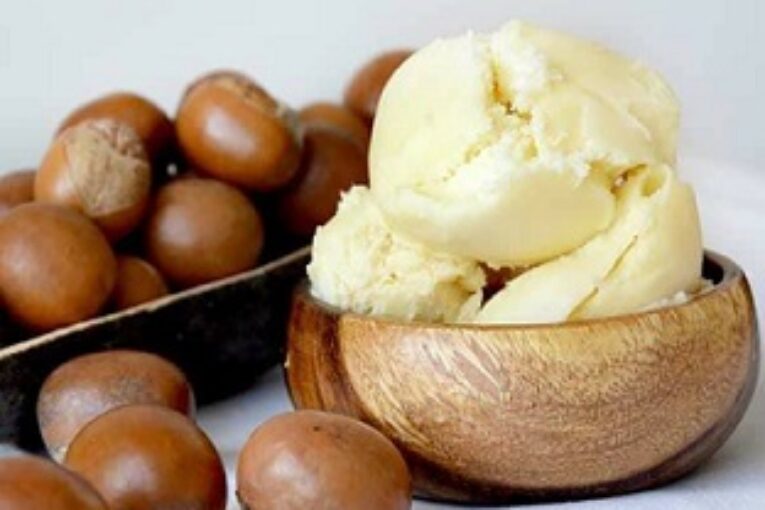
Nigeria’s temporary shea nut export ban could reshape your skincare shelf. Here’s what it means and the local shea butter brands to support.
President Bola Tinubu has ordered a temporary six-month ban on the export of raw shea nuts, a move that could reshape not just Nigeria’s agricultural sector but also the skincare you reach for every day.
Shea butter is the backbone of moisturisers, soaps, and hair creams that Nigerians already rely on. With this ban in place, more of that raw material stays home, meaning local brands stand to gain, and your shelf could start looking a lot more ‘made in Nigeria.’
What the Shea Ban Really Means
The announcement was made by the Minister of Agriculture and Food Security, Senator Abubakar Kyari, who explained that Nigeria produces nearly 40% of the world’s annual shea nut crop but earns just 1% of the global shea market, currently valued at $6.5 billion. The problem is simple: most of Nigeria’s harvest leaves the country unprocessed.
By halting raw exports for six months, the government hopes to encourage investment in local refining and processing. As Vice President Kashim Shettima puts it, ‘It is about industrialisation, rural transformation, gender empowerment and expanding Nigeria’s global trade footprint’. The short-term goal is to grow Nigeria’s annual earnings from about $65 million to $300 million.
For consumers, the shift could mean greater access to locally refined shea butter for cosmetics, food, and even pharmaceuticals. Instead of shipping off the nuts in bulk, Nigeria can turn them into finished products that are fresher, higher quality, and more beneficial for the local economy.
Shea Butter: The Everyday Essential
If you use lotion, black soap, or natural hair products, you’re already familiar with the presence of shea butter. It hydrates skin, softens hair, and has long been a natural favourite for Nigerians who prefer simple but effective care. Beyond its beauty, it’s also used in foods like chocolate and ice cream, as well as in pharmaceuticals, which demonstrates its versatility and value.
That’s why this ban matters on a personal level. It directly affects the ingredients that appear in your skincare routine, your kitchen, and even your medicine cabinet.
The biggest takeaway is that this is the perfect moment to lean into local brands. Nigerian companies already make whipped shea butters, hydrating creams, shea-infused black soaps, and natural hair products that rival any imported label. With the government’s push to keep more of the value chain in-house, these products are poised to gain even more strength.
Instead of worrying about scarcity or rising prices, this is an opportunity to stock up on homegrown options that are affordable, effective, and closer to their source.
Why This Could Be a Win
This export pause impacts rural transformation, industrial growth, and even gender empowerment, as many of the small-scale farmers who harvest shea nuts are women. Experts like Dr. Ahmed Ismail of the Federal University of Minna suggest the ban is long overdue, arguing it will stop exploitation of local farmers while creating jobs in refining and manufacturing.
Your skincare shelf isn’t in danger of going bare. The ban is too short-term to cause a surge in the prices of what you already use. If anything, it’s about to look more Nigerian. Local brands are being presented with an opportunity to shine, and frankly, you should be making space in your routine for them.




